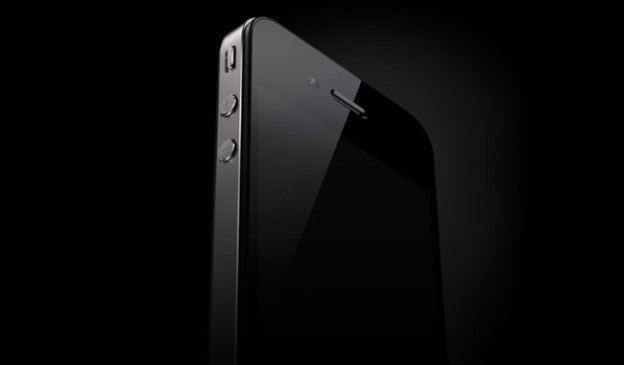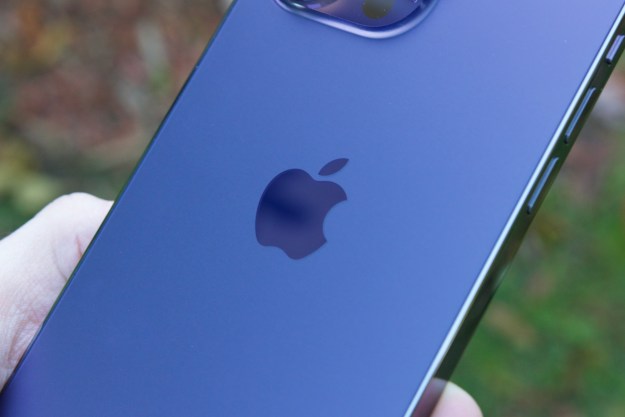
Google Android may have Apple beat in terms of the totally number of users. But when it comes to making money, Apple reigns supreme. According to market analyst T. Michael Walkley of Canaccord Genuity, sales of Apple’s popular iPhone handset brought in 50 percent of all smartphone profits combined, in the first quarter of this year.
“Our [June] checks indicated continued strong sales of the iPhone 4, as it remained by far the top-selling smartphone at AT&T and Verizon despite the continued popularity of 4G smartphones and several new high-end Android smartphones,” said Walkley, who spoke with AppleInsider.
By Walkley’s count, iPhone 4 was by far the top-selling smartphone at Verizon, where it beat out all six new high-end Android devices, which include the HTC Thunderbolt and Incredible 2, Motorola Droid X2, Samsung Droid Charge, Sony Ericsson Play and the LG Revolution.

Walkley says the iPhone 4 “will remain the top-selling smartphone at Verizon throughout 2011.” Despite this, he expects iPhone unit sales to drop from an earlier estimate of 16 percent to 15.2 percent. At that rate, Apple is still on track to sell 100 million iPhone units during the course of 2011.
During the same period, Walkley says that the number of devices running the Android operating system, from all companies, will rise from the 67.2 million units sold during 2010 to a total of about 329 million units sold throughout 2011.
Currently, Android devices make up about 45.3 percent of the market, more than any other OS. That compares to No. 2 Apple’s 15.6 percent share. By the end of this year, Walkley expects Android to account for about 50 percent of all smarphones sold.
Walkley expects the number of users with iOS-based gizmos — that includes all iPhones, iPads and iPod touch devices — to rise from 250 million in 2011 to about 415 million by the end of next year.
Editors' Recommendations
- This one Apple Fitness feature completely changed how I exercise
- An Apple insider just revealed how iOS 18’s AI features will work
- Here’s how Apple could change your iPhone forever
- Best iPhone 15 deals: How to get Apple’s latest iPhone for free
- This one thing could make iOS 18 the best iPhone update in years


